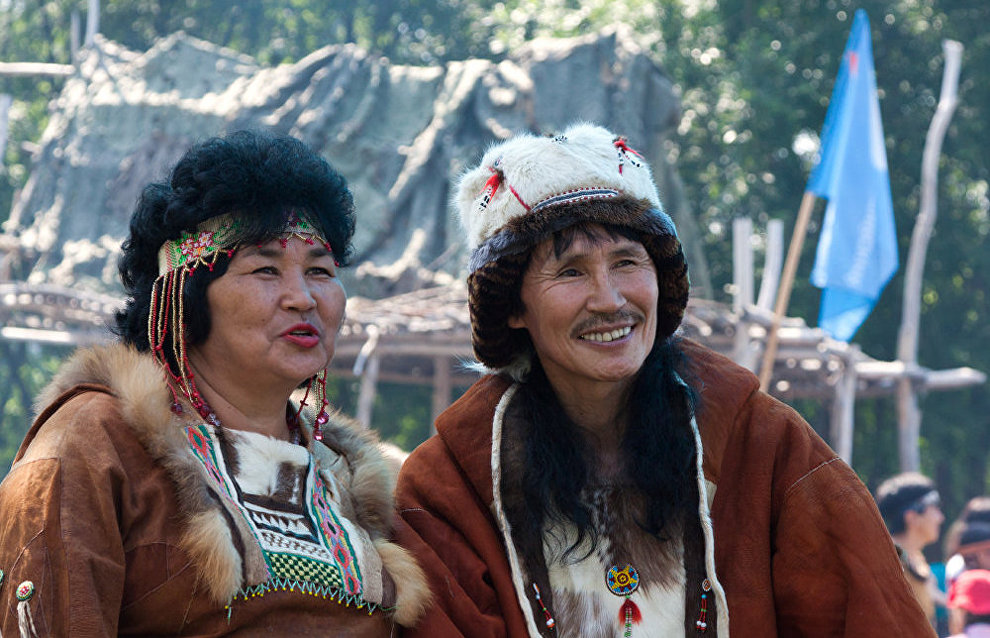International Day of the World’s Indigenous Peoples: August 9
The International Day of the World's Indigenous Peoples is observed all over the world today. It was established by a UN General Assembly resolution on December 23, 1994.
According to RIA Novosti, Russia is home to 316,011 members of indigenous minorities who belong to 47 ethnic groups, as of 2015. Of them, 40 minority ethnic groups are native to the North, Siberia and the Far East.
Russia officially recognizes indigenous peoples as small numbered if they live in areas of the country which were occupied by their ancestors, preserving the traditional lifestyle and activities. Their population should be less than 50,000, and they must consider themselves an independent ethnic community.
In 1990, the General Assembly proclaimed 1993 as the International Year of the World's Indigenous Peoples. Later on, the assembly established two International Decades of the World's Indigenous Peoples — 1995-2004 and 2005-2014 — with the aim to strengthen international cooperation in resolving problems indigenous peoples face in human rights protection, environment, education, healthcare, economic and social development.
RIA Novosti also mentions that the Declaration on the Rights of Indigenous Peoples was adopted by the General Assembly on September 13, 2007.
The declaration does not include a definition of the term "indigenous people," setting self-identification as the basic criteria. The document says that indigenous groups can decide on their ethnic identity depending on their customs and traditions.
The declaration recognizes the basic human rights and fundamental liberties of indigenous people. This includes the right to freedom and equality; the right to freely determine their political status and freely pursue their economic, social and cultural development; the right to keep and revive cultural traditions and customs; the right to establish and control systems of education; the right to be actively involved on all levels in decision-making processes on the ethnic group's rights, life and fate; the right to lands, territories and resources; and the right to guaranteed use of their own assets which provide for the group's survival and development.
According to the United Nations, there are over 370 million indigenous people living in over 90 countries worldwide. They make up less than 5 percent of the entire global population and 15 percent of the poorest inhabitants of the Earth. Indigenous peoples belong to 5,000 different cultures and are speakers of the vast majority of the world's 7,000 languages.
